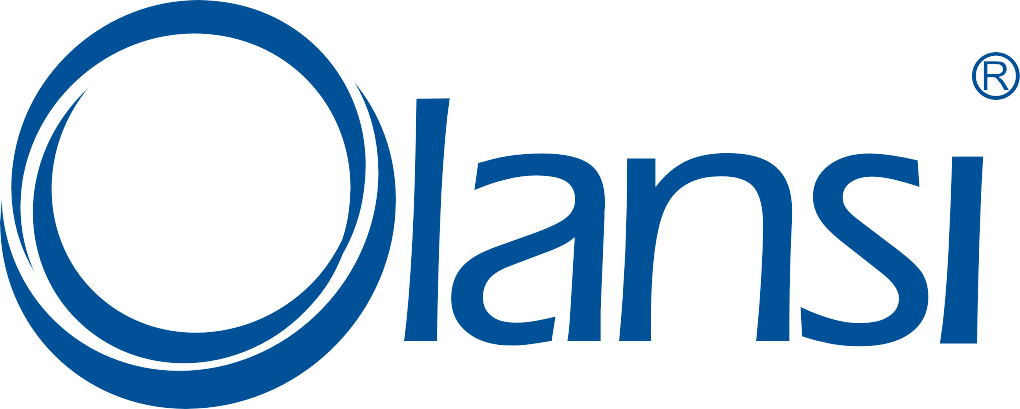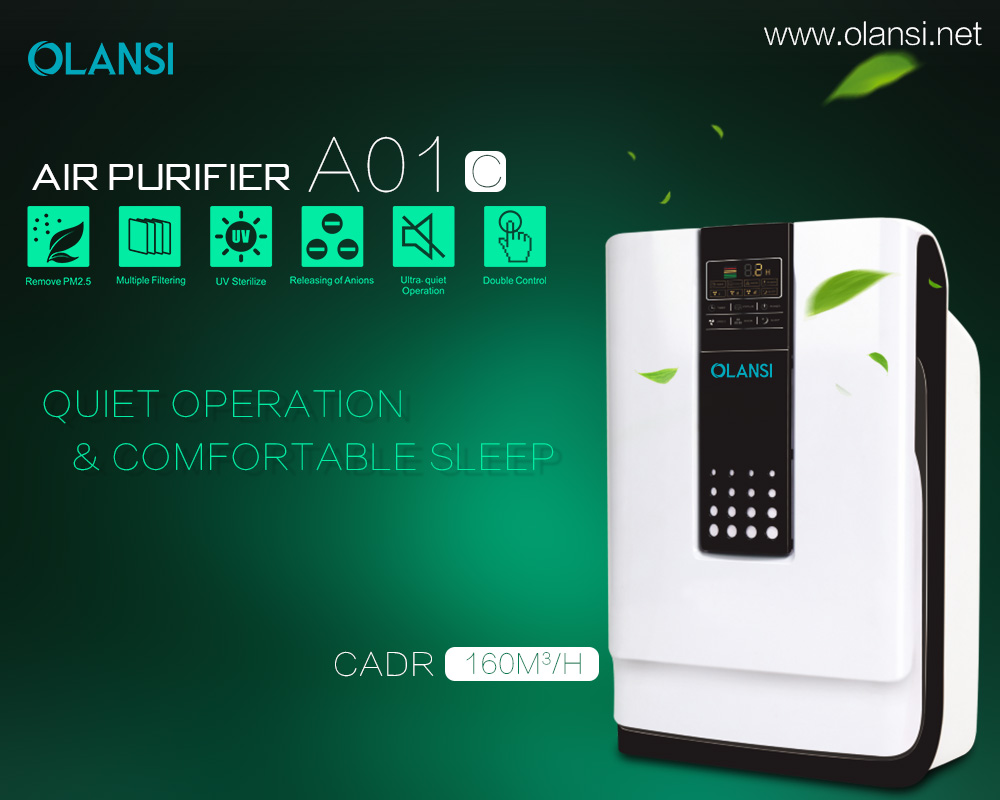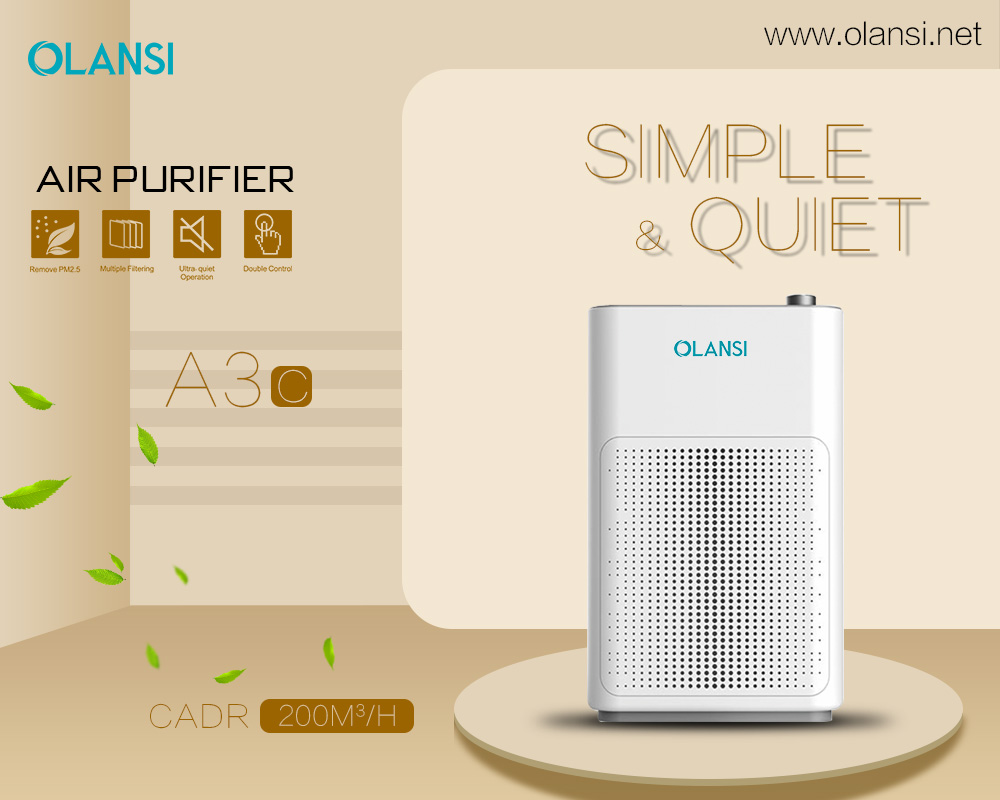Does Anti Bacterial Air Purifiers Help Against The Novel Coronavirus?
Coronavirus has made the most of every news headlines around the world. As the worrisome trend in the spread of the deadly virus continues, some companies have come out to claim that their purifiers can protect you from catching the disease. The validity behind such statements is what we don’t know for now.
All the same, there has been a sudden increase in the patronage of sanitizing air purifiers at the moment. These acts have led many to ask – do air purifiers help against coronavirus? Is there any need to buy any purifier at the moment? These and many others are some of the questions that have stolen the spotlight for now. Read on to be enlightened on this subject.
How Air purifiers function
The work of air purifiers is to get rid of any form of pollution that is indoors. Such pollutants can be a composition of tiny particles around the surrounding air. Air pollution indoors is usually a product of automobile emissions, cooking, fires, and specks of dust. They can cause an allergic reaction or even distort the operation of the lungs. And surprisingly, researchers have stated that the level of pollution we may have within our homes is far more than what we have outdoors for some locations, according to EPA. Such statistics should keep you at alert regarding the steps you should take to make the surrounding air indoors to be healthier.
Humans do approximately 20000 breadths every day on average. We also spend the bulk of our time indoors. With the current pandemic and the lockdown not looking like it will end anytime soon, our indoor staying time has increased. Doing everything we can to reduce our chances of being exposed to any particles that can result in allergy reactions or asthma is fundamentally vital at this time. So if you stay in a place where there is a high amount of outdoor pollution, just like you have in metropolitan cities, it is vital you monitor the air quality around your home, suggested an expert in environmental health.
Can anti bacterial air purifiers protect you against the coronavirus?
There is startling evidence that COVID-19 can be transmitted via the air; it is equally known that it can be transferred from one person to another through physical contact with infected persons. Or via contacts with contaminated surfaces. So anti bacterial air purifiers cannot stop the spread of coronavirus. If air is passed through an air purifier, there is a good chance that the coronavirus will still escape the filtration system since the smallest particle that can be trapped is about 0.3 micrometers. The coronavirus is way tinier than this size according to current evidence.
But when we view things from another perspective, now is the best time to get an air purifier for your home. The WHO data tells us that about 80% of those who have died from this coronavirus disease are people who are aged or struggling with an underlying health condition or fall into both categories. You need to be in your best shape now. The same goes for your families and loved ones. If air purifiers are what you need to ensure a robust, healthy system, then why don’t you get one? At least that can keep you in fantastic shape, just in case anything happens with the coronavirus.
Air purifiers may not be a direct panacea for the coronavirus. Still, it is a way of boosting your chances of not suffering from the virus as it has unfortunately been with many people. Get an air purifier today, and be sure you are not a victim of any airborne diseases at the moment!
Are There Any Much Differences Between Air Cleaners, Air Filter, And Air Purifiers?
Are they all the same, or are there unique differences between them? We will be breaking the categories of air processing device for you to see.
Air filters – they trap and gather debris and dirt within a screen. Filters are mostly popular with heating and ventilation systems. They are employed to reduce the number of air pollutants, dust, and allergen inside a particular indoor space.
Air cleaners – this category of an air processing device is more efficient to air filters for getting rid of unwanted particles from the air. This device employs a fan for drawing air in, and a filter getting rid of any particulate from the incoming air stream. Although these devices are known to comprise filters as one of their components, they function better than mere air filters. It is only unfortunate that most companies still use air filters and air cleaners to mean the same thing. They are not!
Air purifiers – these devices employ a unique process for targeting and destroying airborne toxins, such as pathogens, according to an environmentalist. Some purifiers go as far as applying ultra-violet light for deactivating bacteria and mold. Others make use of electrostatic filters for attracting particles onto a metallic surface. The majority of air purifiers use several air chambers to stop gases, bacteria, and air pollutants from getting into your house.
Air purifiers seem like a good upgrade from air cleaners. They equally look like the best option for a time like this.
HEPA filters?
HEPA is simply an acronym for High-Efficiency Particulate Air; it’s a standard used for a unique air filter that can get rid of 99.7% particulate from the air, which are 0.3 micrometers or even more significant. Most cleaners are beginning to adopt HEPA as part of their air cleaning system.
Conclusion
While air purifiers may not be a direct cure or protection for the current coronavirus that is ravaging the world, these devices help to ensure you are protected from 98% of all airborne diseases. Air purifiers indirectly help to keep you safe from the dreadful powers of coronavirus since it kills people with compromised immune systems.
For more about anti bacterial air purifier,you can pay a visit to olansi air purifier at https://www.olansi.net




